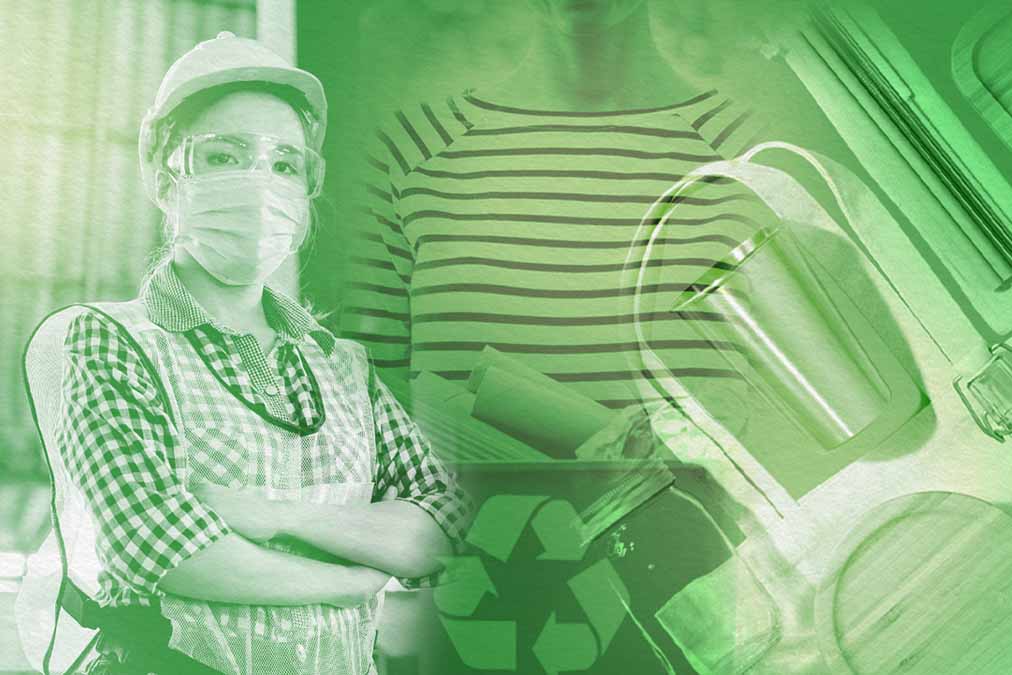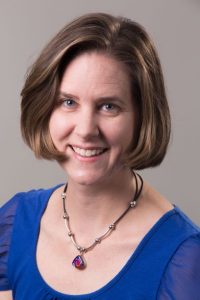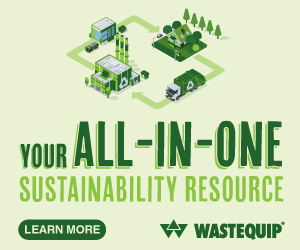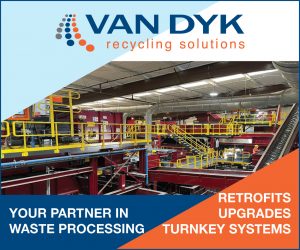
A warm welcome back to “Women in Circularity,” where we shine a light on women moving us toward a circular economy. This month, I connected with an environmental advocate with an expertise in social and behavior change: Kelley Dennings. Kelley is a campaigner with the Center for Biological Diversity with more than 25 years of experience in waste reduction, reuse and recycling.

Kelley Dennings
Was there a defining experience earlier in your life that sparked your interest in the field of sustainability?
I remember talking to my mom during my sophomore year about what I would do after high school. I told her I was considering becoming an auto mechanic who catered to women or perhaps a private investigator. In all her wisdom, she said to me, “What about environmental science? You seem to really enjoy reading your Greenpeace magazine.” I realized she was right, so I decided to pursue a natural resources degree at N.C. State.
Can you share with us how your background in social and behavior change links to the circular economy?
While working at the N.C. Department of Environmental Quality in 2006, I was asked to give a presentation linking litter and recycling. I asked my supervisor, Scott Mouw, about what we should focus on and he recommended behavior change – we need to decrease litter and increase recycling. This led me to achieving a master’s in public health with a focus on behavior change. Now I’m applying those skills to help increase individual behaviors and build systems further up the waste hierarchy to impact waste prevention and reuse.
Please tell us about some of your recent interdisciplinary work?
At the Center for Biological Diversity, I have been working on a report, which is coming out this summer, titled “The Influence of Environmental Toxicity, Inequity and Capitalism on Reproductive Health.” It will discuss the harm caused by our endless growth economy and describe its disproportionate impact on communities of color and low-wealth individuals. I’m also building a public health food code database to highlight which versions of the federal food code that are adopted or amended by certain states are permissive of reusables in restaurant settings.
In your opinion, what resilience strategy will help us bounce forward in a significant way?
Our most important strategy is diversity, equity and inclusion. I recently collaborated on a report, titled “Gender and the Climate Crisis: Equitable Solutions for Climate Plans,” which reviewed climate plans from cities around the U.S. and found that only one of the plans includes gender empowerment solutions as a climate change adaptation or mitigation strategy. It’s especially important to include solutions that support girls, women and gender-diverse people because when governments invest in these folks, communities are healthier, democracies are more stable, economies are stronger, and society, and the individuals within, are more resilient to climate change.
Is there a podcast you would recommend for some eco-inspiration?
If folks are not yet familiar with The Indisposable Podcast produced by Upstream, I highly recommend it. The podcast celebrates solutions to plastic pollution and features heroes of the circular economy movement.
MaryEllen Etienne is the creator of “Women in Circularity.” Etienne works on the Market Transformation and Development team for the U.S. Green Building Council. She has over 20 years of experience in sustainability and is a champion of the circular economy.
More from the “Women in Circularity” series
- Women in Circularity: Teresa Bradley
- Women in Circularity: Sue Beets-Atkinson
- Women in Circularity: Beth Forsberg



